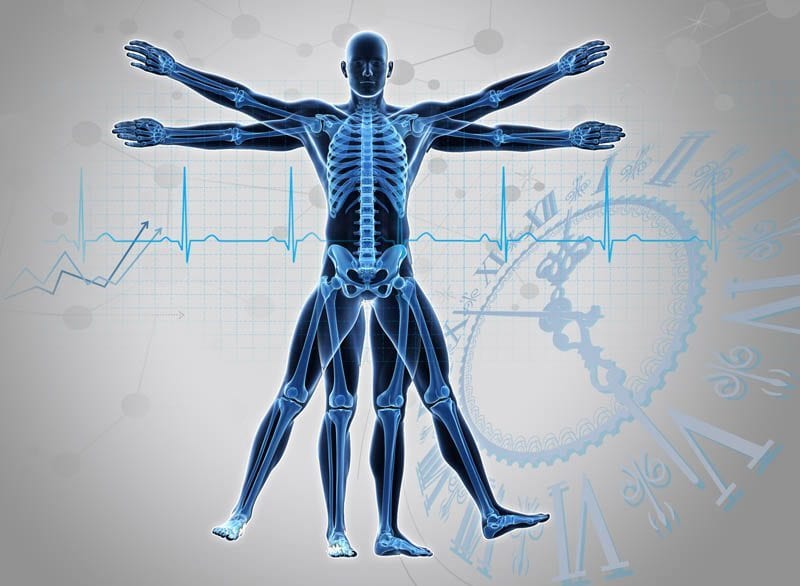Today, we commence a new series looking at the scientific research into chronobiology and its impact on our activities of daily
What is chronobiology?
The term `chronobiology’ is the research of how biological clocks function to regulate and control almost every function of life. Amita Sehgal, PhD, professor of neuroscience and investigator for Howard Hughes Medical Institute, explains: “Chronobiology is biological timing…. It basically refers to the process by which organisms time physiology and behavior, so that everything takes place in a rhythmic fashion.” God’s hand is seen in the order and detail in the human body.
Why is it important?
Chronobiology is important because it relates to the day-night cycle that impacts the human organism when the earth rotates. Another explanation, titled “Chronobiology: The Science of Time”, reads: “Since the beginning of mankind, human history has been shaped by light and darkness. Genetically manifested timers reside deep in our bodies that control this fundamental rhythm. The more intelligently we absorb their information, the more useful it is. This connection is important in the prevention and treatment of diseases, as well as for the healing process”.
How is it being used?
Chronobiological principles are currently being used by medical professionals, researchers and others in various studies such as the efficacy of medication timings and research around when the most effective time of day is to exercise. Other aspects of research in this area include ecology, endocrinology, genetics, psychology and sports medicine.
Chronobiology is a relatively new science, originating in Europe, which has emerged over the past 30 years. However, the University of Pennsylvania is now one of the world’s leading centers of chronobiology.
Studies undertaken at the Penn School of Medicine are currently exploring the impact of our circadian rhythms (24-hour body clock) on our life cycle and medical interventions. Explaining their chronobiology program, an article from their school of medicine titled “Chronobiology at Penn School of Medicine” reports: “The past two decades have seen major advances in our understanding of the science of circadian rhythms (chronobiology). These studies are also highlighting the biomedical importance of rhythms, with disrupted rhythms linked to ageing as well as to metabolic, psychiatric and other disorders. (Emphasis ours). Treatment of many diseases might also benefit from an approach that takes time of day into account”.
In the same article, they give an example of how chronobiology works: “Clocks in humans ensure that sleep occurs at night, body temperature is highest in the evening and cortisol peaks following morning awakening”.
In the next issue will examine chronobiology and pharmacology.

